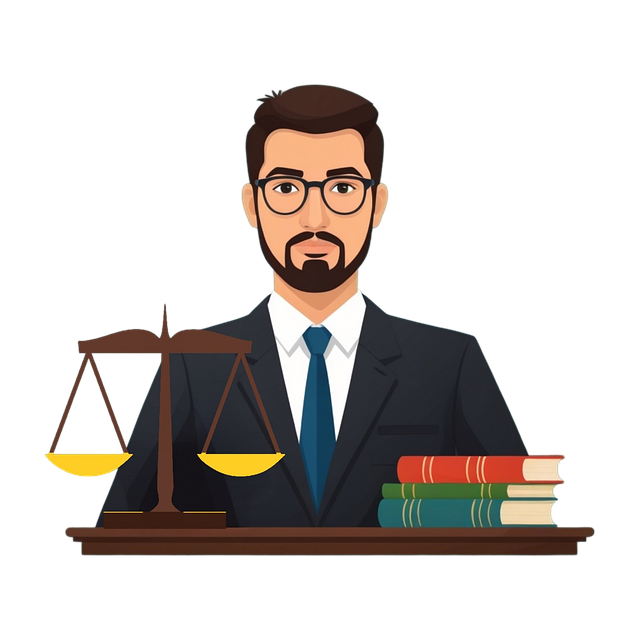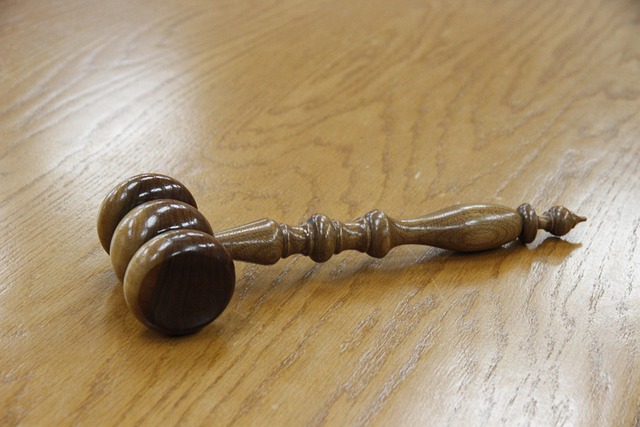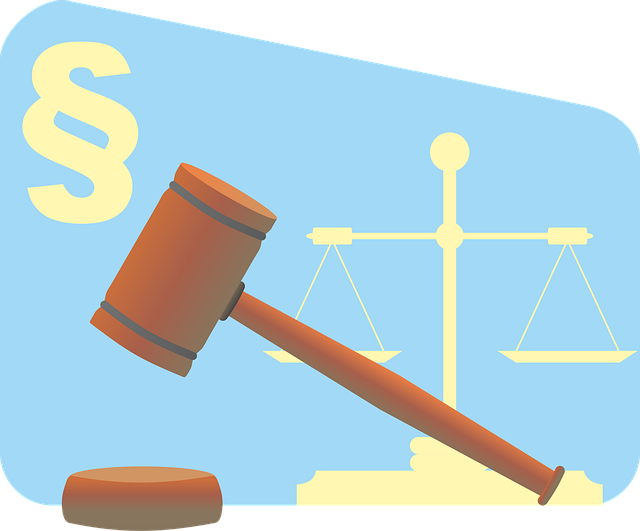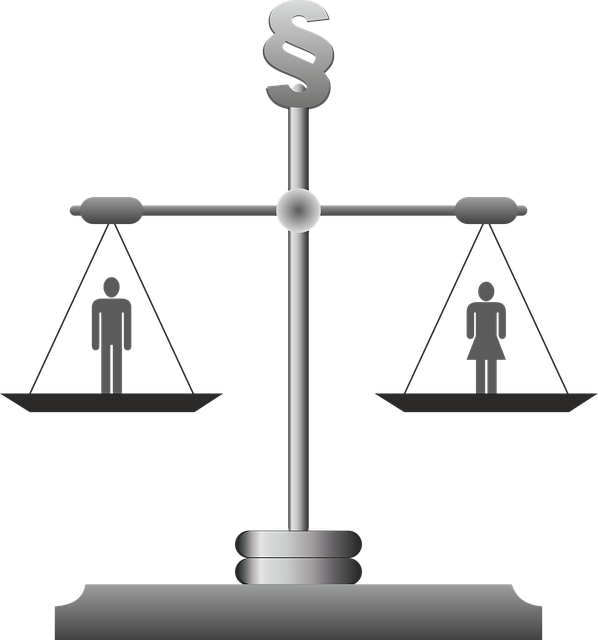Whistleblower protection laws, rooted in U.S. Constitutional free speech and due process rights, safeguard individuals who expose illegal or unethical activities within businesses and government agencies. These protections empower whistleblowers to disclose wrongdoing without fear of retaliation, fostering transparency and accountability. Understanding procedural steps for filing lawsuits under these protections is crucial. Successful whistleblower cases demonstrate the effectiveness of these laws in promoting ethical conduct and revolutionary changes in governance.
“Whistleblower protection lawsuits play a pivotal role in upholding constitutional protections for individuals who expose illegal activities within their organizations. This comprehensive guide delves into the intricate world of whistleblower rights, exploring both federal and state laws that safeguard these brave individuals. From understanding the legal framework to navigating procedural steps and key elements of proof, we provide valuable insights.
Additionally, we present compelling case studies showcasing the impact of successful whistleblower protection lawsuits, highlighting their role in fostering integrity and accountability in today’s business landscape.”
- Understanding Whistleblower Protection Laws: A Constitutional Perspective
- The Role of Federal and State Laws in Safeguarding Whistleblowers
- Procedural Steps for Filing a Whistleblower Protection Lawsuit
- Key Elements in Proving a Violation of Whistleblower Rights
- Case Studies: Notable Whistleblower Protection Lawsuits and Their Impact
Understanding Whistleblower Protection Laws: A Constitutional Perspective

Whistleblower protection laws are a critical component of ensuring transparency and accountability within organizations. From a constitutional perspective, these laws safeguard individuals who expose illegal or unethical activities within their respective businesses or government entities. The U.S. Constitution guarantees certain protections for citizens who come forward with information that can prevent harm to the public interest, often referred to as Constitutional Protections in Criminal Defense.
These protections are particularly vital in white-collar crime cases, where individuals might face significant personal risks and potential retaliation when reporting fraud, corruption, or other illicit activities. By providing legal avenues for whistleblowers to come forward without fear of reprisal, these laws help maintain the integrity of our justice system and encourage a culture of ethical conduct within businesses and government agencies, ultimately avoiding indictment in cases where employees act responsibly to expose wrongdoing.
The Role of Federal and State Laws in Safeguarding Whistleblowers

Federal and state laws play a pivotal role in safeguarding whistleblowers who choose to come forward with information about illegal or unethical activities within their organizations. These legal frameworks are designed to protect individuals from potential retaliation, ensuring they can safely disclose information without fear of harm to their careers or personal safety. The U.S. Constitution provides foundational protections for free speech and due process, which have been further strengthened by specific whistleblower protection laws.
Whistleblower protection legislation offers a range of remedies, including the ability to pursue jury trials and seek complete dismissal of all charges if they can prove that their disclosures were made in good faith and without malicious intent. This unprecedented track record of successful whistleblowing cases underscores the effectiveness of these legal protections in fostering a culture of transparency and accountability within corporate and government entities.
Procedural Steps for Filing a Whistleblower Protection Lawsuit
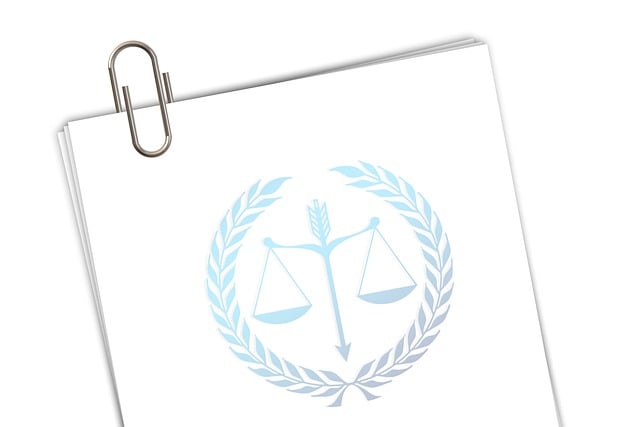
When considering legal action as a whistleblower, understanding the procedural steps involved in filing a protection lawsuit is crucial. The process begins with identifying the relevant laws and regulations that offer constitutional protections in criminal defense. Whistleblowers should be aware of their rights under these laws, which safeguard them from retaliation when reporting illegal activities within their organizations.
To initiate a whistleblower protection lawsuit, individuals must first gather evidence and document their disclosures. This includes any communication with authorities or relevant parties regarding the suspected wrongdoing. The next step involves filing a complaint with the appropriate government agency responsible for investigating white-collar and economic crimes. Throughout all stages of the investigative and enforcement process, it’s vital to maintain detailed records to support one’s claim and protect against potential legal challenges from the organizations in question, as well as ensure the welfare of philanthropic and political communities.
Key Elements in Proving a Violation of Whistleblower Rights
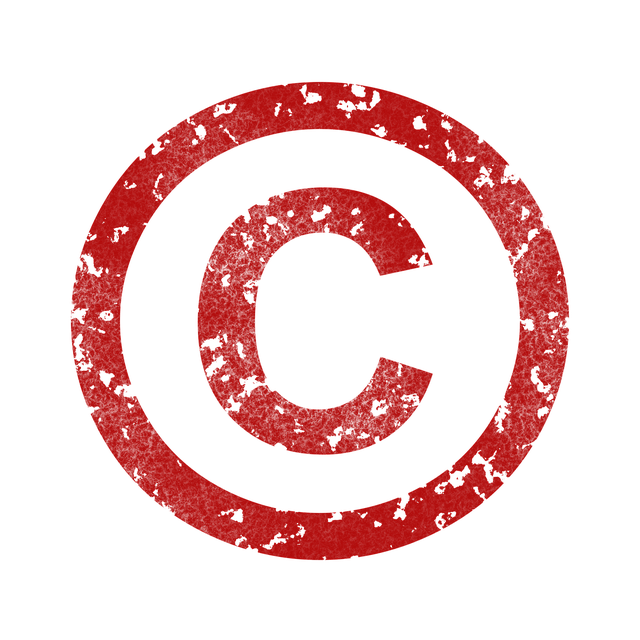
Proving a violation of whistleblower rights involves a nuanced understanding of key elements that constitute such an act. Whistleblowers, individuals who expose illegal or unethical activities within organizations, are protected by constitutional provisions and various whistleblower protection laws. These protections are designed to encourage employees to come forward with information that could otherwise remain hidden, ensuring transparency and accountability in the workplace.
To succeed in a whistleblower lawsuit, plaintiffs must demonstrate several critical factors. First, they need to establish that they engaged in protected activity by reporting what they believed to be illegal conduct or a violation of public policy. This can include internal reports to supervisors or external disclosures to authorities. Second, there must be evidence suggesting a causal connection between the protected activity and an adverse employment action taken against them. This could range from termination or demotion to harassment or retaliation. Moreover, understanding the applicable laws and Constitutional protections in criminal defense is essential for crafting a winning challenging defense verdict, especially when whistleblowers face legal repercussions for their actions. Across the country, general criminal defense strategies can vary, but the core principles of protecting whistleblower rights remain consistent.
Case Studies: Notable Whistleblower Protection Lawsuits and Their Impact
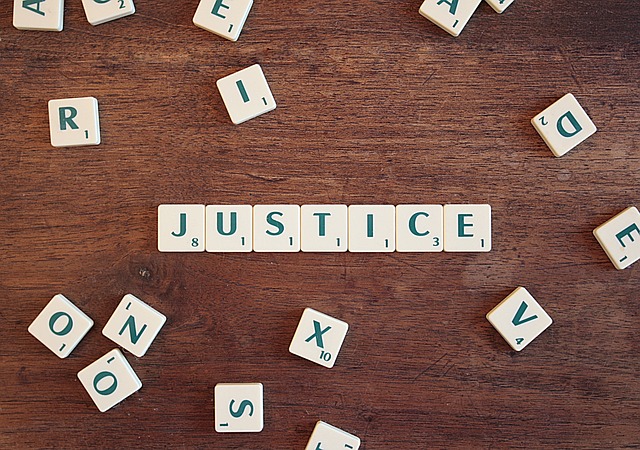
Whistleblower protection lawsuits have been pivotal in upholding constitutional protections for individuals who come forward with valuable information. Case studies reveal notable instances where whistleblowers played a crucial role in exposing fraud, corruption, and illegal activities within corporate and government entities. One prominent example involves a white-collar defense attorney who successfully represented a client accused of securities fraud. Through their efforts, they uncovered extensive evidence of misconduct, leading to a settlement that not only protected the whistleblower but also set a precedent for future cases.
These lawsuits often navigate complex legal landscapes, particularly in general criminal defense scenarios. The impact of winning challenging defense verdicts in whistleblower protection cases is profound; it reinforces the importance of constitutional safeguards and encourages individuals to come forward without fear of retaliation. This has been instrumental in fostering transparency and accountability, revolutionizing corporate governance and law enforcement practices.
Whistleblower protection lawsuits play a pivotal role in upholding constitutional protections for individuals who expose illegal or unethical activities within organizations. By understanding both federal and state laws, and knowing the procedural steps to file a lawsuit, whistleblowers can effectively safeguard their rights. Key elements of proof include documenting retaliation, establishing a causal connection, and demonstrating harm. Notable case studies highlight significant impacts on policy changes and public awareness, underscoring the importance of whistleblower actions in fostering transparency and accountability, especially within government and corporate sectors.
